Studio Visit / Filippa K
9 years ago by
Erik Melvin
We’re conscious of what we eat, what we don’t eat, how much we spend, what products we use around the house and on our bodies. But are we really that conscious about our clothing? Where was it made? How many times will I wear it? What do I do with it when I no longer want it?
Being responsible consumers is arguably more important than ever before, or perhaps we’re just more aware of the need for it today. Regardless, the task becomes a lot less daunting when the companies producing all of those wonderful sweaters and pants make it easier, and ultimately cool, to consume consciously.
While we were in Stockholm we met with the Public Relations and Marketing Manager at Filippa K, Ellen Dixdotter, to chat about how their brand is creating a more sustainable shopping experience as part of their customer’s routine.
Has trying to be sustainable changed the way the brand designs (different fabrics etc) – has it brought limitations and how do you handle them?
There are obstacles we have to overcome of course, but I also think it can make us more creative in the design process. We always have to consider the better choice. The most important thing, and something that is in our bones here at Filippa K, are long lasting design and high quality. In the strive to become more sustainable you also come across so many interesting new materials. We have recycled wool with minimal negative impact on the environment, fibres made from farmed Swedish Trees and we take time to look at exciting things such as climate positive materials for the future.
When did Filippa K as a brand become more conscious?
It has always been a part of our DNA with a long lasting design, materials, qualities and styles. Being conscious and sustainable is not new to us, but in 2014 we manifested a new vision to create fashion where sustainability is the guide to growth to really set the ground. It pretty much sums up to us doing more than long lasting fashion, to rethink everything from choices in material, production processes and business models.
Is ethical manufacturing and eco-consciousness something Filippa K is working towards?
Of course, and us being more transparent is a part of trying to put focus on workers conditions among other things. It is a very important part of the sustainability work to do your very best in ensuring that people and animals are treated well in the process. Eco-consciousness is a very wide notion and open for interpretation, for us it means doing the very best we can, constantly challenging ourselves to become more sustainable, as well as inspire and educate our customers to make conscious choices.
Can you talk on the sustainable choices Filippa K is making in the production of collections? (i.e. no plastic bags, no chemicals in the dying process)
We have a project that we call Front Runners, where we every second year analyse a new fabric and scan the whole process to develop garments in the most sustainable way as possible. And we take no short cuts, we stick to our designs and the quality which means you really have to work together and change your way of thinking in all aspects. Front Runners is a project helping us to reach our sustainable goal for 2030 by implementing the lessons we learn into the main collections and we are more than open to share our learnings with the rest of the business as well.
What does working circularly mean and in what ways is Filippa K focusing to make the brand do so?
Circular Fashion means closing the loop of the fashion industry. From the raw materials and production phase, to the user or consumer, and making the pieces live again with alternatives such as second hand, leasing, up cycling or recycling. We are looking into every part of a garment’s life and have both a second hand store and something we call Collect. This season, for example, we have recycled cashmere in the collection, another way of using all raw materials produced and not let anything go to waste.
How can consumers help give their clothes a second or third life?
First of all, take Care of your clothes. We have a Care program where we help our customers do this, then as mentioned previously we also have something called collect, customers can give us back the clothes they do not want to use anymore, for us to give it new life. We have a second hand store and we also offer repairs on clothes of course, for the same purpose. Also, I think our Lease program is brilliant – don’t buy clothes you might only wear once at a weeding or a special occasion, rent it! It´s a new way of thinking for our industry, but I hope that the consumer will find out how brilliant this concept in all its aspects.
Tell us about the brands innovative initiative to rent clothing. We rent music and movies, but how can we convince consumers that when you looking to create a sustainable environment, you can’t own everything and renting might just be the future of fashion?
We talk about this a lot, since it is such a huge task to change people´s consumer behaviour. We came to the conclusion though that with time and knowledge people will see the advantages, and with us offering them our full collections to rent, any piece they want and at any time for the cost of only a fifth of the retail price this will slowly develop into a really good alternative to traditional consumption. By renting your clothes you are able to update yourself without contributing to over consumption, without getting an overcrowded wardrobe and not to spend too much money on clothes you only use a few times.
How would renting effect sales for a company, and how has it effected FK?
We want the renting to be a complement to our regular business, and a part of the business that contribute to the whole as well in the end. It is a way for us to adjust to customer’s different needs, to make our clothes available in different ways. We are looking to expand and develop the rental part even more, to find different solutions to customer’s different needs. When a Lease garment is no longer suitable for rental we can sell it though our second hand concept, so in that way we can make sure to have a high usage on each garment.
Mass production leads to mass consumption, do you think there are ways for a brand to both succeed financially and also environmentally?
Of course, but as in all aspects of business, companies need to be responsive and open for changes. It is about seeing challenges and opportunities and be willing to adapt accordingly.
Your “Pilots” program is so smart! Giving certain consumers the ability to test drive products and give back commentary before production, has this helped to limit excess in production and better quality products in store?
We have used the feedback from our sustainability pilots and reported back to our production and design teams. It has been a very useful collaboration for us, and we will use the pilot insights in our overall product development.
What advice can you give to someone who is trying to shop more sustainably?
Buy less and chose well, quality is key!




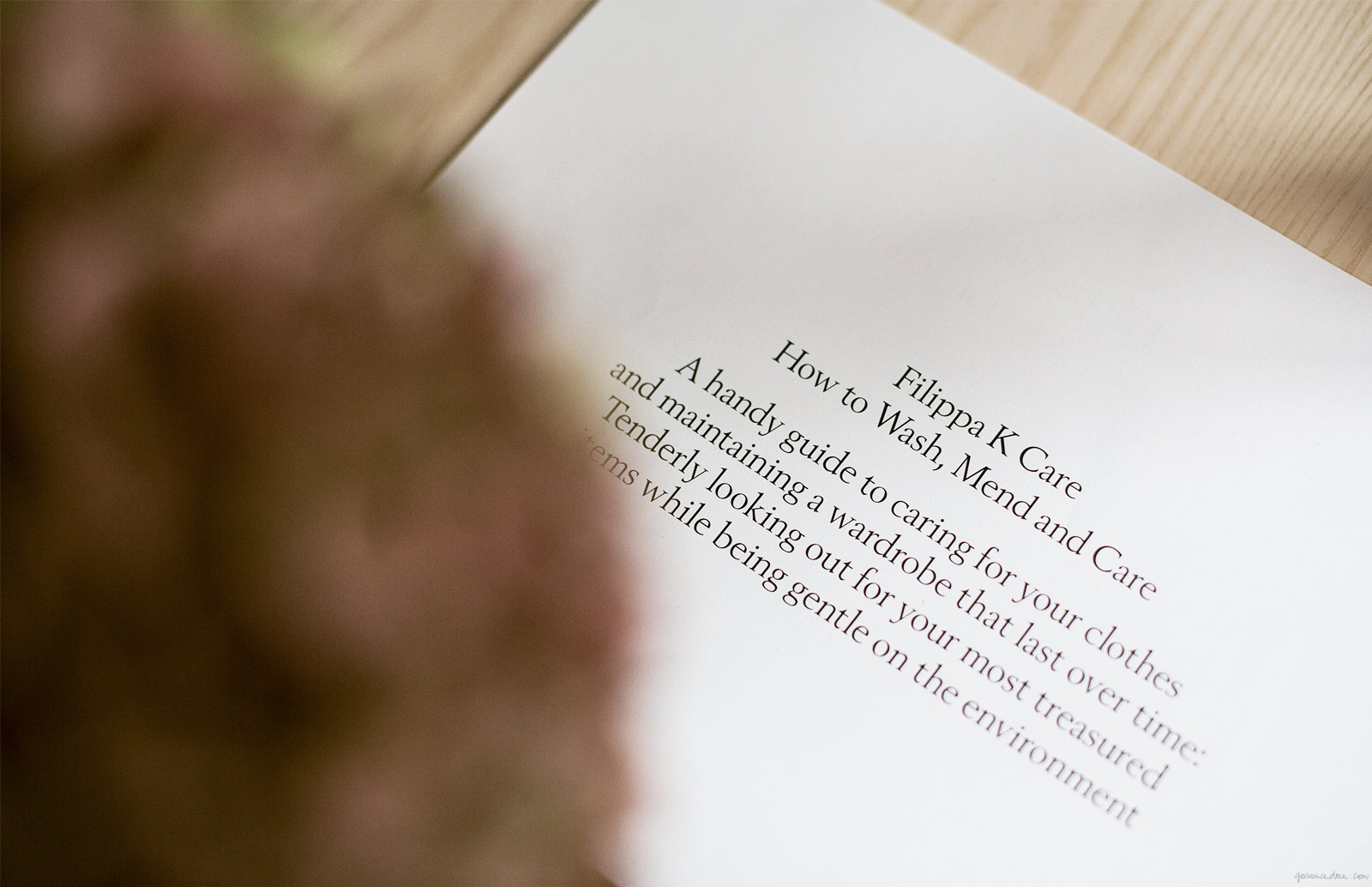





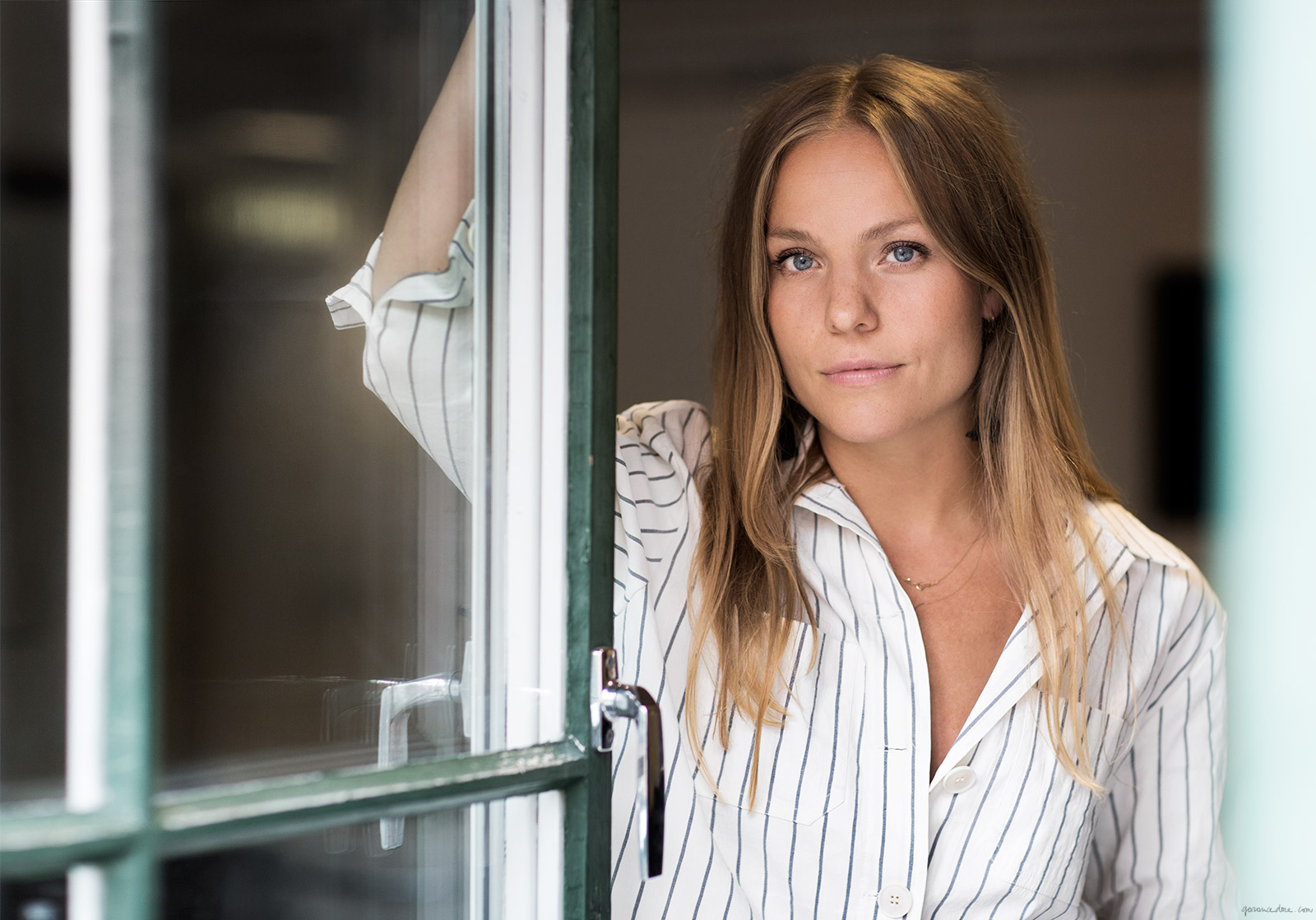






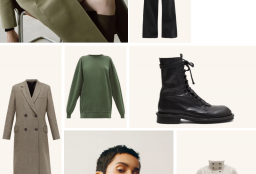








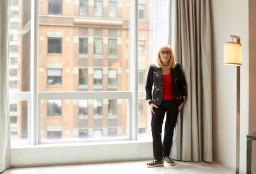
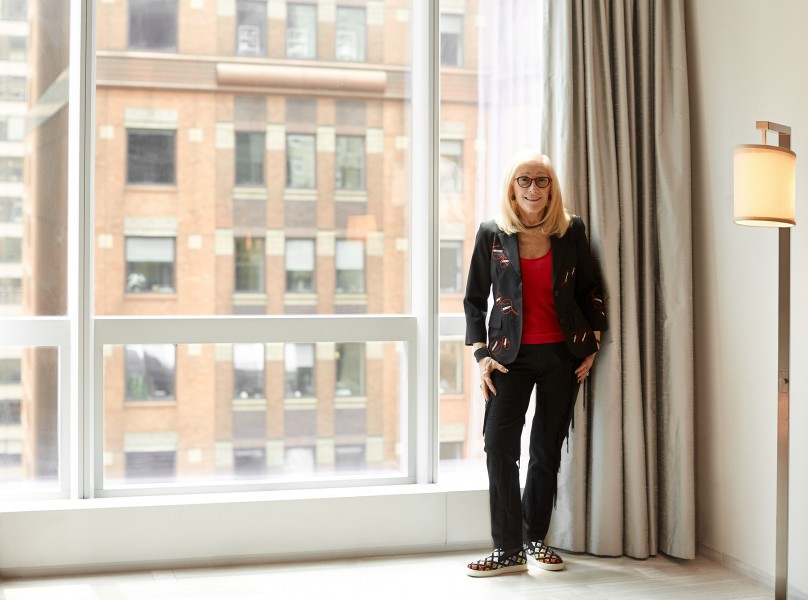


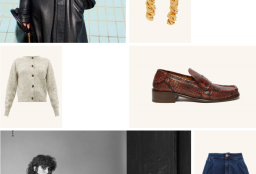




































Such a good article and commentary on what a business philosophy should be in any industry! I’d love to see Karl talk this way one day about couture…!
Super philosophie ! Et leur relation au cuir, à la soie, à la viscose etc ?
Pourriez vous faire la même interview chez Stella McCartney ?
J’ai hâte de pouvoir louer des vêtements en tout cas, je suis fan de cette idée !
Ca me fait penser à cet article sur la génération xyz je ne sais plus laquelle, qui préfère louer son mobilier. Posséder (du mobilier, une voiture, une maison), c’est très 20ème siècle !
J’adore Filippa K et c’est intéressant de voir leur approche qui n’est pas néfaste pour l’environnement.
I love Filippa K! I’ve got a few clothes by the brand and they’re really cool!
https://sofaundermapletree.wordpress.com
For more cool shopping I just discovered Merci in Paris. They even have a wine bar next door where you can cool your jets after marathon buying.
http://www.noworriesparis.com
Wonderful post. Thank you for this.
They have a repair shop ! how nice and progressive.
Thank you for sharing this story. It is great to see a brand acknowledging the problems of the industry while working towards some solutions. Well done Fillippa K.
Interesting. I like the idea of the repair shop (which otherwise, I think, only couture offers to the super-rich and glamorous?). Opportunity for us to not let the garment die at the bottom of a drawer because a seam broke, and an incentive for the designer to produce quality, I assume.
CARE is key here: the reign of fast-fashion is the reason why we only care about our look, but not about our clothes.
C’est vrai nous faisons attention à beaucoup de choses concernant la cosmétique ou la nourriture mais les vêtements … il y a encore des efforts à faire ! – http://myfashioncaprice.com
Je connais mal cette marque, mais j’adore cette approche holistique, les retouches, le travail sur les matières, les locations, etc. Très complet (pour une fois!).
Et j’adorerais devenir “pilote” pour la marque…
Beautiful philosophy and way of thinking i wish more companies will have the same thinking!!
with a world that is dominated by Zara H&M which promese to do good….. but they do it only to their pockets !
in a world that so many beautiful hand work and traditional Savoir Fair is vanishing i am happy to be part of this movement.with love.
From The World With Love
Yael Guetta
http://www.ftwwl.com
Thank you so much for this article! It is great to see an influential blog like yours becoming more aware of sustainability issues and raising questions about how clothes are produced.
Consommer moins mais de meilleure qualité et donner une seconde vie aux vêtements. C’est exactement ce que je défends sur mon blog. Bravo à cette marque de suivre cette voie.
http://www.monomaliste.com
Bravo pour la publication de cet article ! La mode a encore tant à faire dans ce domaine.
Love. Hope you continue to feature environmentally and socially conscious fashion brands! I aspire to purchase only sustainable goods, but it is so hard to find this information…
It is great to see an influential blog like yours becoming more aware of sustainability issues and raising questions about how clothes are produced.